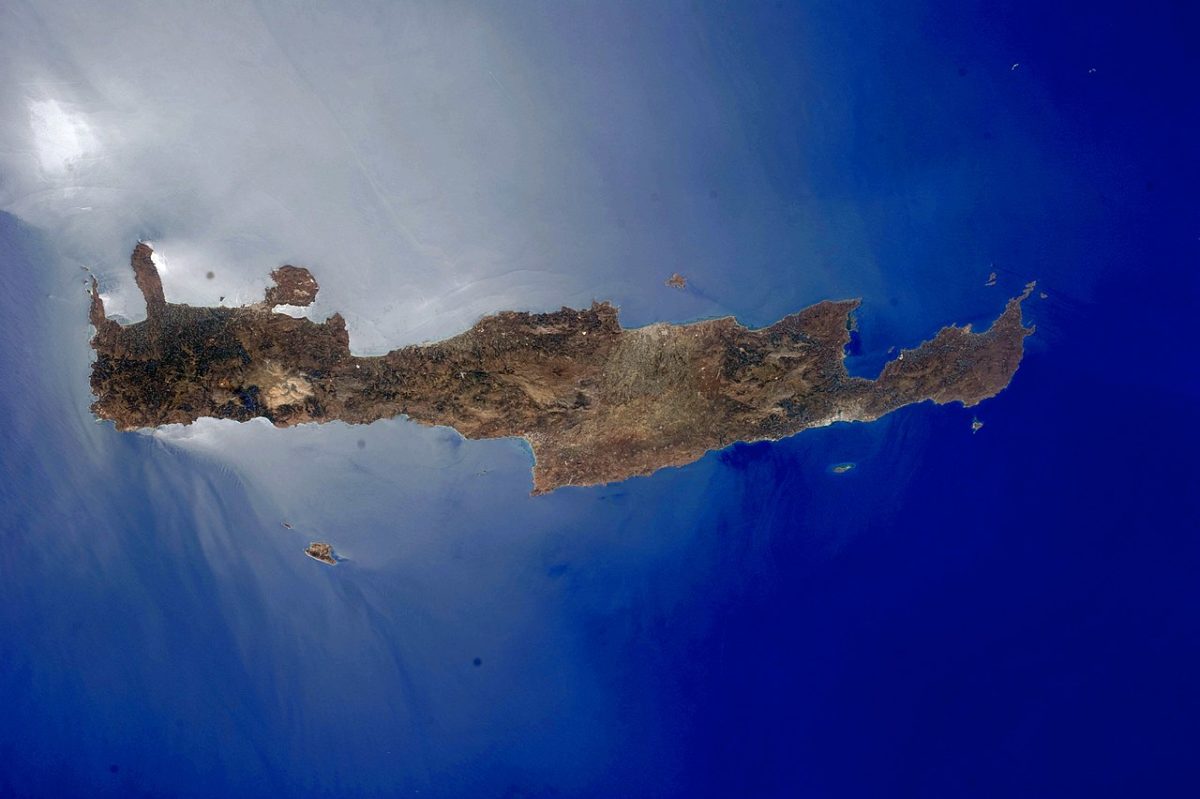The European Commission has approved an incentive scheme set up to help drive renewables deployment across 47 Greek islands including the largest, Crete.
The EU executive approved the €1.4 billion plan, which will be partly financed by the nation's Recovery and Resilience Fund from the bloc, paid out as part of Europe's post-Covid recovery package.
Approving the scheme under EU state aid rules, the commission yesterday said the incentive on Crete would consist of premium payments to generators merely to bridge the gap between clean energy generation costs and wholesale electricity prices, with the premiums adjustable in line with technology costs on a “sliding” basis.
Auctions
For the 46 other islands spread across all of the plan's 29 electricity networks, incentive payments will be determined by auction bidding by renewables developers.
The scheme is intended to supplant around 80% of the electricity generation across the 47 islands – none of which, except Crete, is connected to the Greek mainland – which currently depends on diesel and oil.
Popular content
With Athens intending to incentivize renewables until it can get the islands connected to mainland grids, it is expected the program will drive the deployment of 264 MW of solar and wind generation capacity, on a hybrid project basis alongside energy storage systems, over the next four years.
At the start of the week, the commission also approved plans for public money to back a planned 680 MW/3.97 GWh pumped hydro storage plant at Amfilochia, in western Greece.
EU state aid rules, the commission said on Monday, will permit plans by Athens to provide a €250 million investment grant for the project being planned by the Terna Energy renewables business owned by Greek construction conglomerate GEK Terna. The government also plans to shore up the business case for Amfilochia with annual support funded by a levy applied to electricity companies.
This content is protected by copyright and may not be reused. If you want to cooperate with us and would like to reuse some of our content, please contact: editors@pv-magazine.com.



1 comment
By submitting this form you agree to pv magazine using your data for the purposes of publishing your comment.
Your personal data will only be disclosed or otherwise transmitted to third parties for the purposes of spam filtering or if this is necessary for technical maintenance of the website. Any other transfer to third parties will not take place unless this is justified on the basis of applicable data protection regulations or if pv magazine is legally obliged to do so.
You may revoke this consent at any time with effect for the future, in which case your personal data will be deleted immediately. Otherwise, your data will be deleted if pv magazine has processed your request or the purpose of data storage is fulfilled.
Further information on data privacy can be found in our Data Protection Policy.